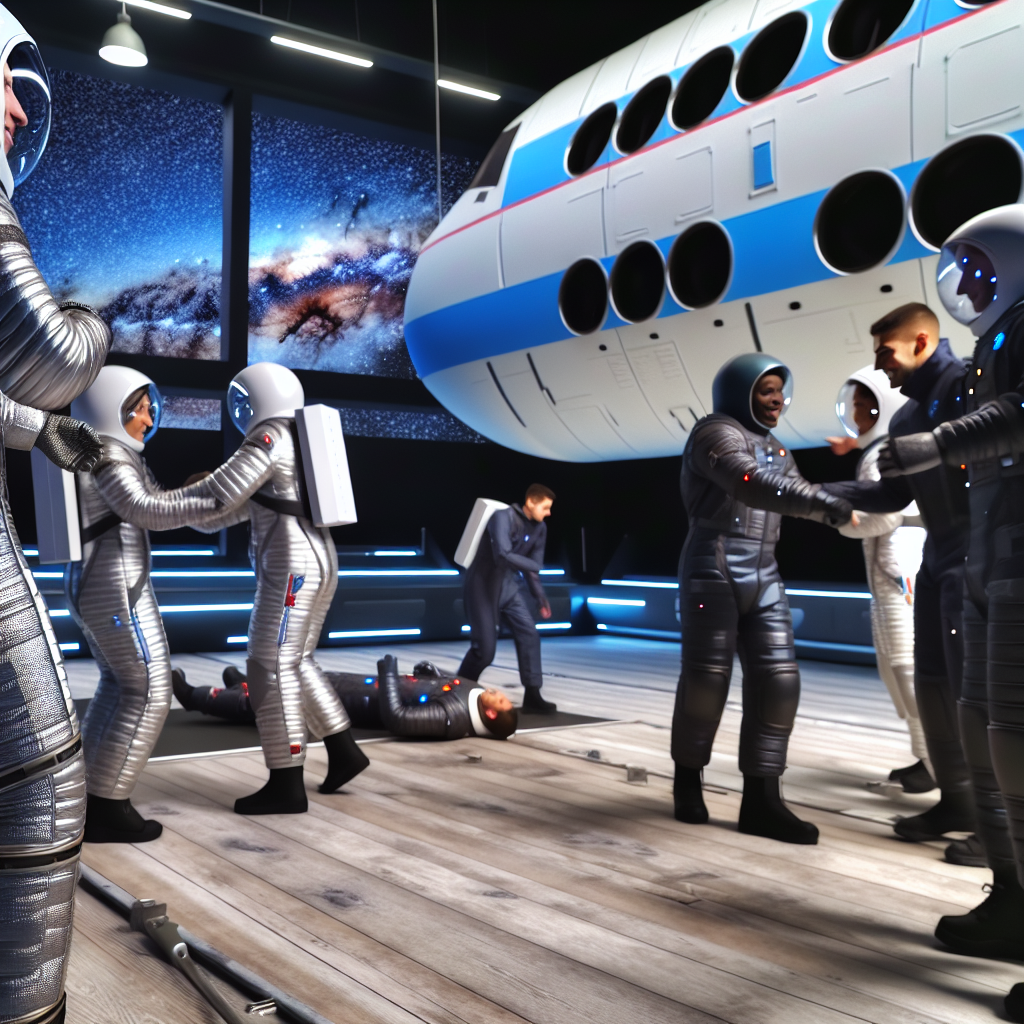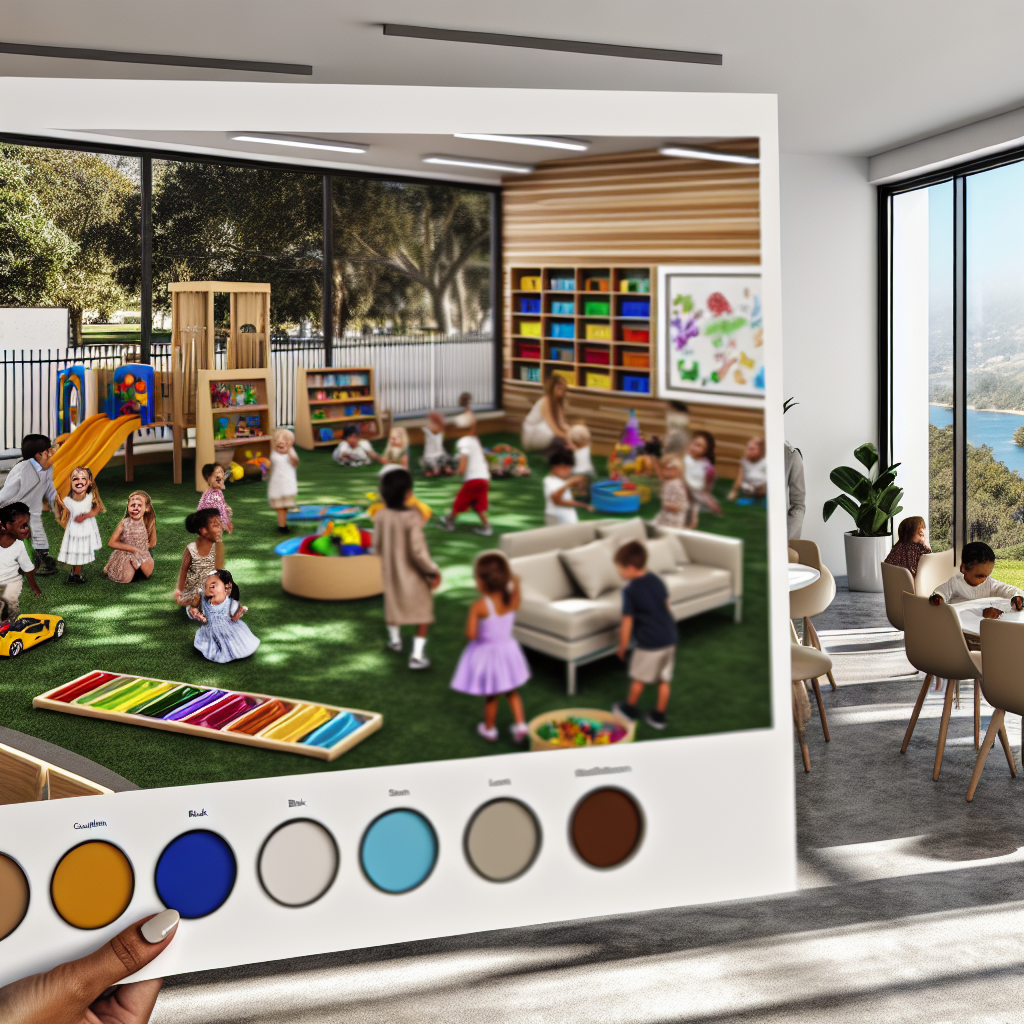Space Tourism Training: Preparing Next-Gen for Orbital Travel
Introduction
As space tourism evolves from a futuristic dream into a tangible reality, high-net-worth families are increasingly investing in opportunities that prepare their children for life beyond Earth. With companies such as SpaceX, Blue Origin, and Virgin Galactic pioneering commercial spaceflights, the next generation will have unprecedented access to orbital travel experiences. This newfound accessibility requires a fundamental shift in the way we educate, train, and condition young space tourists for the demands of extraterrestrial travel.
For affluent families, early exposure to space training programs is becoming both a prestigious and practical step in preparing children for future space expeditions. Much like horseback riding, private aviation, or exclusive academic enrichment programs, space training is poised to be an essential part of elite education. Institutions worldwide are emerging to offer immersive experiences that simulate space environments, featuring hands-on astronaut training, zero-gravity simulations, and physical conditioning to equip children with the necessary skills for spaceflight.
Beyond the excitement and exclusivity of space tourism, the realities of human space travel cannot be underestimated. The physical and psychological preparation plays a crucial role in ensuring that spacefarers—especially younger travelers—can withstand the unique rigors of microgravity, radiation exposure, and potential isolation. Some luxury-oriented training academies and organizations now partner with aerospace agencies to provide a tailored experience, ensuring children from elite backgrounds receive the best possible education before embarking on suborbital or orbital journeys.
The future of space tourism also raises fundamental questions for parents: How early should a child begin space training? What physical and psychological conditions must be considered? Are there educational pathways designed exclusively for next-gen space enthusiasts? With space tourism set to become a defining element of luxury travel, families of means must understand the intricate details of preparation required for their children’s seamless integration into the space age lifestyle.
This article explores the cutting-edge space tourism training available today, including insights from medical and professional aerospace studies that highlight the essential elements required for young travelers to thrive in an extraterrestrial environment.
The Science Behind Space Tourism Training for Children
Understanding the Physical Challenges of Space Travel
Space travel imposes unique physiological and psychological pressures on the human body, particularly when it comes to younger individuals. Several scientific studies and professional organizations have examined the necessary preparation for spaceflight, revealing key insights into how children can adapt successfully to the extraterrestrial environment.
Physiological Considerations
Space travel exposes the human body to microgravity, which affects physiological functions such as circulation, muscle density, and bone strength. Research conducted by NASA has shown that prolonged exposure to microgravity can lead to muscle atrophy and a decrease in bone mass density—both essential concerns when training young individuals for space travel. To counteract these effects, specialized training programs emphasize resistance exercises, simulated gravity training, and cardiovascular endurance-building techniques from an early age.
Moreover, the human vestibular system, responsible for balance and spatial orientation, is severely challenged in space. Studies by the European Space Agency (ESA) indicate that children, given their developing equilibrium and neural plasticity, may require additional training to adapt to spatial disorientation effectively. This has led private space academies to incorporate specialized gyroscopic simulations and virtual reality-based orientation programs into their educational modules to acclimate children to microgravity environments.
Preparing Young Minds for the Psychological Demands of Space
Space travel is not only a physical challenge but also an intense psychological experience, requiring mental resilience, adaptability, and problem-solving skills. Research from the American Psychological Association (APA) highlights the importance of preparing astronauts for isolation, stress, and closed-environment living. Space tourism programs for children now integrate simulated confined environments, teamwork exercises, and mindfulness techniques aimed at helping young travelers adapt to possible psychological stressors they may experience in orbit.
Neuroscientists studying the cognitive effects of space travel have also identified that prolonged exposure to microgravity impacts sensory and cognitive processing. Harvard Medical School’s Neurology Division has explored how spaceflight-induced neuroplasticity affects problem-solving, spatial awareness, and decision-making skills. For children entering space tourism training, experiential education programs are designed not only to strengthen cognitive functions but also to develop essential survival skills in space.
Cutting-Edge Space Training Programs for Young Travelers
Elite Space Academies Leading the Way
Several academic and private institutions have already started offering elite space training academies tailored for young travelers. Programs such as those at the National Aerospace Training and Research (NASTAR) Center and Space Camp in Huntsville, Alabama, offer specialized training regimens inclusive of high-G tolerance tests, zero-gravity flights, and emergency egress training.
Similarly, state-of-the-art simulators and underwater training—methods used by professional astronauts—are being implemented to help children acclimate to weightlessness. These elite training programs ensure that young space tourists not only develop competency and confidence but also cultivate an intrinsic sense of leadership and team collaboration, crucial aspects of deep-space exploration.
Conclusion: The Future of Space Tourism Training
As space tourism advances into mainstream luxury travel, preparing the next generation for orbital journeys requires a multi-faceted approach that blends physical endurance, psychological resilience, and educational advancement. Cutting-edge institutions and aerospace organizations are actively engaging in elite training programs to ensure young space tourists can adapt seamlessly to the challenges of extraterrestrial travel.
For families of means, immersive space training represents more than just a new horizon for adventure—it is an essential investment in the future of interstellar exploration. As next-gen space enthusiasts embark on their journey to the stars, early and comprehensive preparation will be the key to ensuring their success in the evolving landscape of luxury space travel.
### References
1. NASA Human Research Program
2. European Space Agency Research & Studies
3. American Psychological Association on Psychological Stress in Space
4. Harvard Medical School Neurology Research on Spaceflight Effects
5. NASTAR Center Space Training Programs
Concise Summary:
The article explores the cutting-edge space tourism training programs designed to prepare the next generation for orbital travel. It delves into the physical and psychological challenges of space travel, highlighting the essential elements required for young travelers to thrive in an extraterrestrial environment. The article also showcases the elite space academies leading the way in providing immersive experiences, simulated space environments, and comprehensive preparation for the future of luxury space tourism.

Dominic E. is a passionate filmmaker navigating the exciting intersection of art and science. By day, he delves into the complexities of the human body as a full-time medical writer, meticulously translating intricate medical concepts into accessible and engaging narratives. By night, he explores the boundless realm of cinematic storytelling, crafting narratives that evoke emotion and challenge perspectives. Film Student and Full-time Medical Writer for ContentVendor.com




